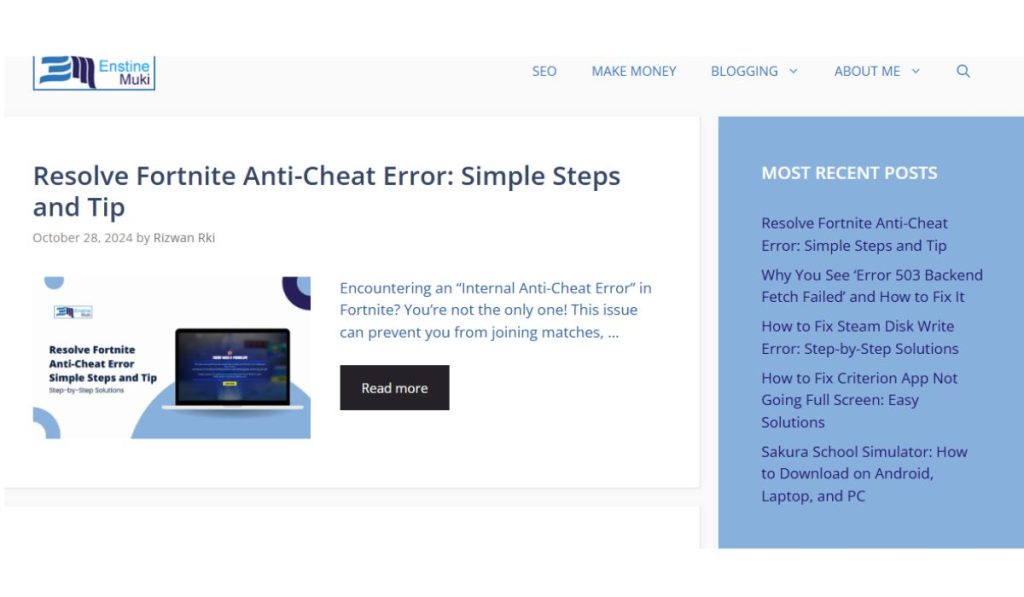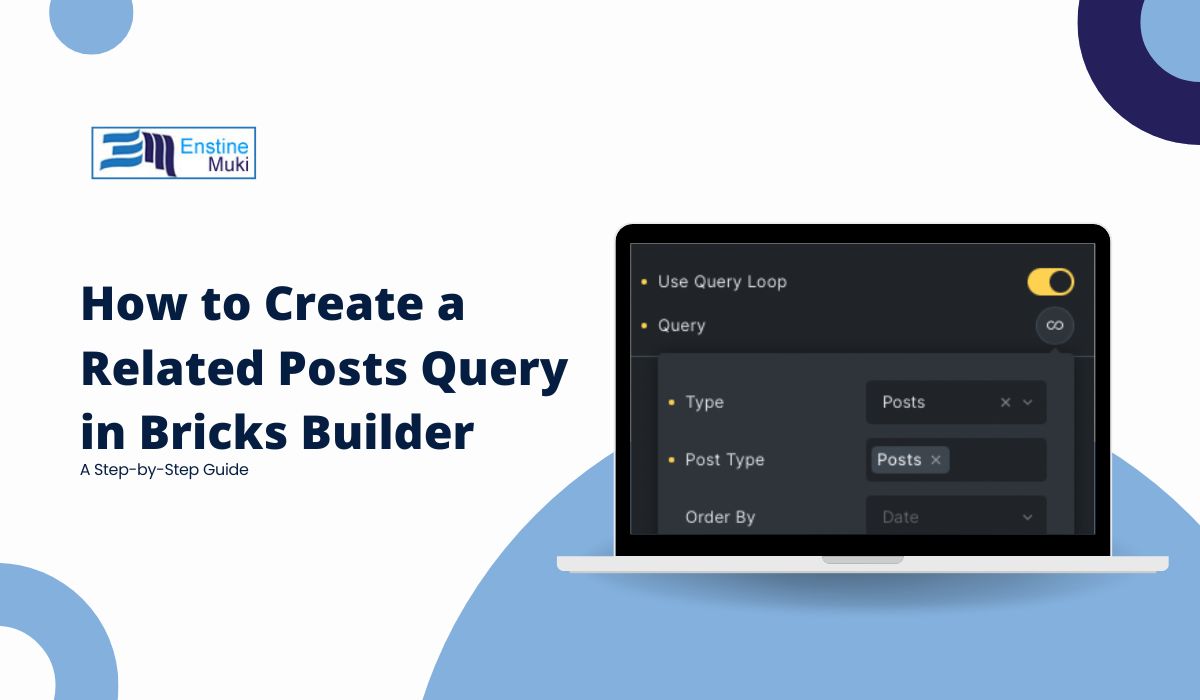Are you looking to keep your readers engaged with related content? Adding a related posts section in Bricks Builder is a great way to encourage visitors to explore more of your site! In this guide, we’ll walk you through the easy steps to set up a related posts query in Bricks Builder.
Understanding Related Posts in WordPress
Related posts are links to other articles or content on your website that are similar to the one your reader is currently viewing. They help users discover more content and keep them on your site longer.
Benefits of Showing Related Posts:
- Increases Engagement: Encourages readers to click on additional articles.
- Improves Navigation: Helps users find relevant information easily.
- Boosts SEO: Internal linking can improve your site’s search engine rankings.
How to Create a Related Posts Query in Bricks Builder
Before we start, make sure you have Bricks Builder installed on your WordPress site. Familiarity with basic WordPress concepts will also be helpful.
Choosing Your Criteria:
Decide how you want to display related posts. You might want to link them by categories, tags, or even custom fields. This decision will help you configure the query effectively.
Steps to Create a Related Posts Query in Bricks Builder
Step 1: Open Bricks Builder
- Go to your WordPress dashboard.
- Navigate to the page or template where you want to add the related posts section.
- Click on Edit with Bricks.
Step 2: Add a New Section
- In Bricks Builder, click on the + icon to add a new section.
- Choose a suitable layout for your related posts.
Step 3: Insert a Query Loop Element
- From the elements panel, drag and drop the Query Loop element into your new section.
- This element will allow you to display posts based on your defined criteria.
Step 4: Configure the Query Settings
- Set Query Parameters:
- Click on the Query tab in the settings panel.
- Choose how you want to filter related posts (e.g., by category or tags).
- Set the number of posts you want to display.
- Example Settings:
- If you want posts from the same category, select the category option and choose the relevant category.
Step 5: Design the Layout
- Customize the Layout:
- Click on the Style tab to adjust how your related posts look.
- You can choose to display the title, image, and excerpt for each post.
- Use Flexibility:
- Bricks Builder offers various styling options. Play around with spacing, fonts, and colors to match your site’s design.
Testing the Related Posts Query
After setting everything up, click on Preview to see how your related posts look on the front end of your site. Ensure that the related posts display correctly and link to the appropriate articles. Click on a few links to confirm they work as expected.
Troubleshooting Common Issues
If you run into problems, here are some common issues and solutions:
- Posts Not Showing: If related posts don’t appear, double-check your query settings and ensure there are posts that match your criteria.
- Design Issues: If the layout doesn’t look right, go back to the style settings and adjust them as needed.
- Query Conflicts: If other plugins are causing conflicts, try disabling them temporarily to see if that resolves the issue.
Advanced Customization Options
If you want to include custom post types in your related posts, you can easily adjust your query settings to pull from those types. You can also Consider integrating with plugins for enhanced analytics or SEO, which can help you better manage how related posts are displayed and tracked.
Conclusion
Creating a related posts query in Bricks Builder is a fantastic way to enhance user engagement on your website. By following these steps, you can easily set up a section that keeps your readers exploring more of your content.
Start adding related posts to your site today! If you have any questions or tips to share, please leave a comment below. Don’t forget to subscribe for more helpful guides on using Bricks Builder!
